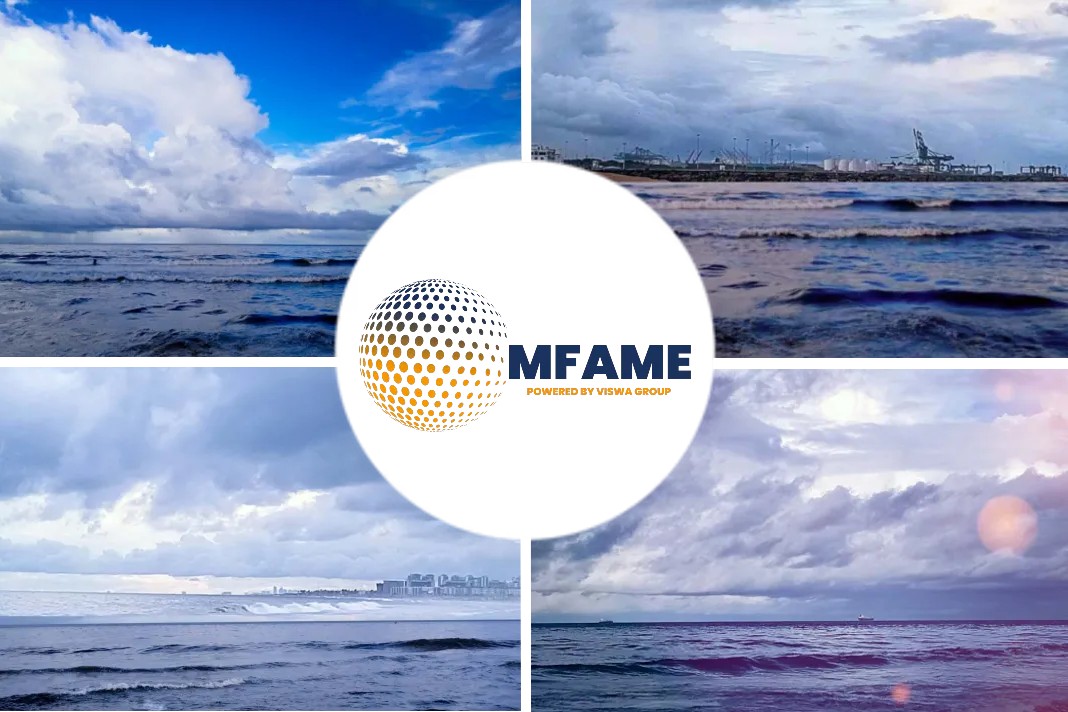DNV/GL predicts shipping industry will miss IMO 2050 CO2 reduction targets unless drastic action is taken, reports The LoadStar.
Reduction targets miss?
The shipping industry will miss the climate change reduction targets set by the International Maritime Organization (IMO) unless it ‘future-proofs’ newbuilds and continues to invest.
According to new research from classification society DNV/GL, the problem lies in the fact that no shipowner can invest in new technology today and be assured that it won’t be obsolete within the space of a decade or two.
Need for competitive standards
“Ships built today will have to compete with vessels coming onto the market in five, 10 or 15 years’ time, and must consider future standards to remain competitive,” said DNV/GL maritime chief executive Knut Ørbeck-Nilssen.
“Considering the uncertain future that lies ahead, failing to be future-proof in the newbuilding phase could lead to that asset being stranded in the not-so-distant future,” he added.
Delivery of fuel types
DNV/GL also added that another problem lies in the delivery of whatever fuel types ships of the future might use, due to the need to build the dual-delivery infrastructure.
- Currently only LNG as an alternative fuel sees significant infrastructure development, but much more needs to be done.
- Still, LNG is considered by DNV/GL as the most adequate bridging fuel, allowing the industry to meet at least the 2030 climate goals.
- However, to reach the 50% reduction necessary by 2050, low or zero emission fuels are needed, such as ammonia and other carbon-neutral fuels, which DNV/GL forecasts will drive the emissions reductions into the mid of the century.
Supply of carbon-neutral fuels
“Pathway modelling indicates that carbon-neutral fuels need to supply 30% to 40% of the total energy in 2050, to meet the IMO strategy,” it said in its Maritime Forecast 2050 report.
All of this essentially means that shipping’s decarbonistion is “off course” and it would be near-impossible to hit its target of cutting CO2 emission by 50% from 2008 levels.
DNV/GL argues that the maritime industry, as well as governments, need to respond by setting up new test routes, such intra-European short-sea and coastal trades, that would allow vessels to test new fuel technology.
Did you subscribe to our daily newsletter?
It’s Free! Click here to Subscribe!
Source: The LoadStar

























